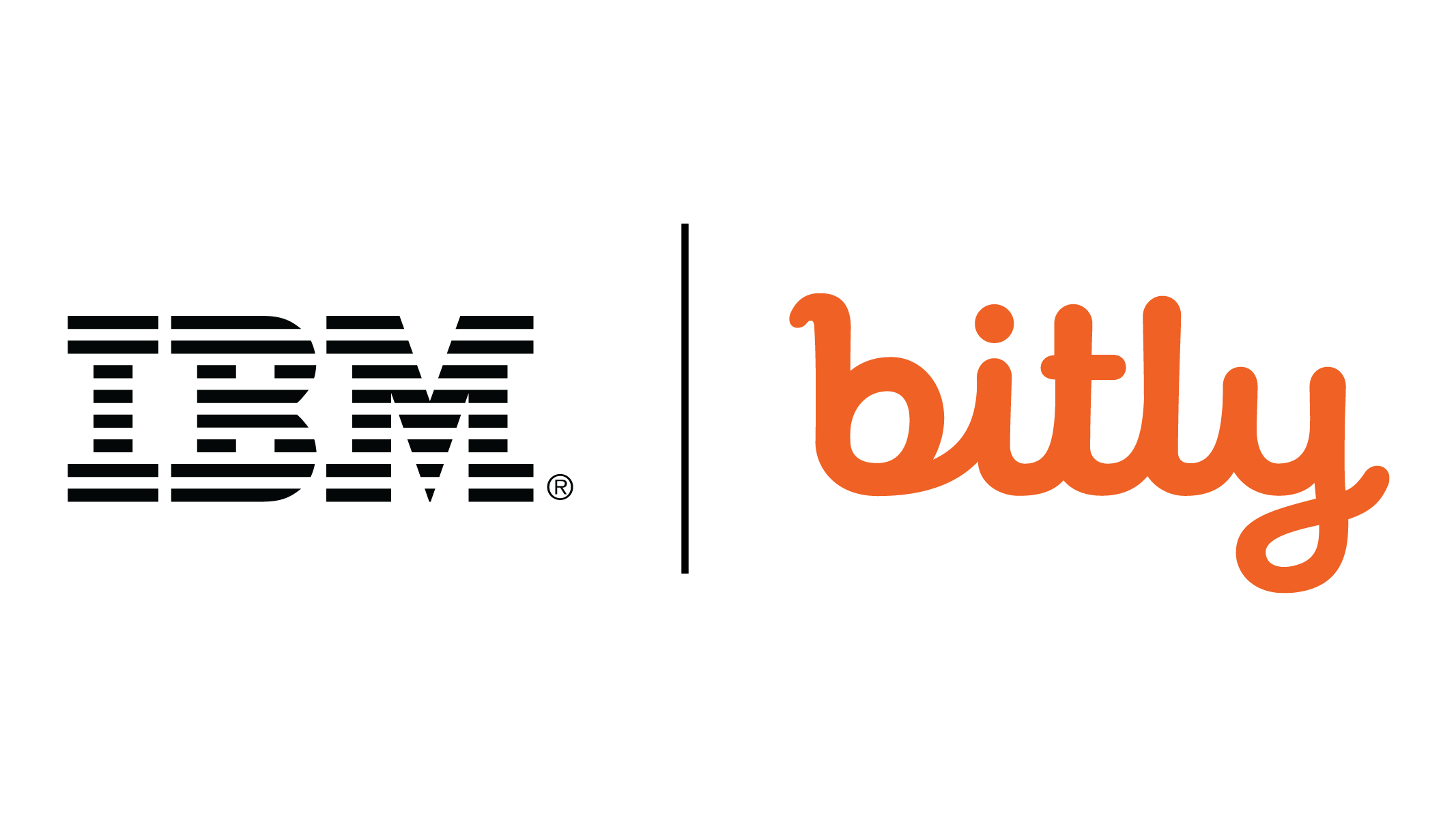
IBM Challenges Amazon S3 with Cloud Object Store

IBM Thursday took the wraps off a new multi-tenant cloud-based object storage system that it claims is 25% cheaper than Amazon Web Services’ Simple Storage Service (S3). In addition to being cheaper, Big Blue claims its more reliable and secure.
Based on the Cleversafe object file system that it acquired a year ago, IBM Cloud Object Storage is a pay-as-you-go service that sports standard S3 and Swift APIs, which immediately opens the data store up to thousands of existing applications. IBM (NYSE: IBM) will carve out a container or multiple containers within the multi-tenant system that allow customers to store anywhere from a few gigabytes up to petabyte-sized data sets.
Like on-premise object stores, IBM’s new cloud-based object store is ideal for holding large amounts of colder production data, such as backups and archives, and very large individual files, such as video files, image files, and genomic data. With its elastic scalability, IBM Cloud Object Storage will see work with much smaller data sets, and will likely even be used as a primary data store for some Web-native data, IBM says.
Distributed object file systems, as a class of storage systems, scale nearly linearly, have no theoretical storage limit, and offer high availability at a low cost. Those are the advantages. In terms of downside, they’re not as fast as traditional file systems or databases. They’re also rarely seen being used for data sets smaller than around 1PB, at least in the on-prem world.
IBM foresees some of its existing Cleversafe on-premise customers taking up residence in IBM’s new cloud-based object offering, says Russ Kennedy, vice president of product strategy and customer success for IBM Cloud, and a former Cleversafe exec.
“What that that gives them is access to a lot of service in the IBM Cloud, things like Bluemix for application development or Watson for cognitive or analytics,” Kennedy tells Datanami. “They have access to those services with their data being in the cloud, so we do expect a lot of our clients to want to extend to the cloud, not necessarily move everything, but move some of their workloads and data.”
One of the first customers to adopt the new cloud-based object store is Bit.ly, the Web address shortening company. The company will use IBM’s cloud store to manage up to 500TB of critical data, which is comprised of more than 25 billion “data-infused links” in addition to other records, according to Bit.ly CTO Robert Platzer.
“The new Cloud Object Storage service will enable us to manage all the data from our on premises and cloud systems with ease and flexibility,” Platzer says in a press release.
While it didn’t have any hard data to back it up, IBM claims its new cloud-based object storage offering will deliver higher availability than AWS.
“Enterprises are telling us that what’s really key to their business is a very flexible solution that delivers high availability,” Kennedy says. “They don’t want applications to be unavailable even if there are regional outages. That’s core to our object store and our geo-dispersed erasure encoding technology.”
IBM claims it’s the only company to combine erasure coding with encryption and decryption. The company touts a Cloud Object Store feature called “SecureSlice” that automatically encrypts each segment of data before it is erasure coded and dispersed.
The cloud store is available now to clients in the United States and Europe, and soon will become available to other regions around the world. IBM will charge for the object store based on the amount of data under management, as well as in ingress and egress of data. A price sheet was not available as of press time.
Related Items:
Data Lake Showdown: Object Store or HDFS?
How to Move 80PB Without Downtime
Peek Inside a Hybrid Cloud for Big Genomics Data
Software-Defined Storage Takes Off As Big Data Gets Bigger






























